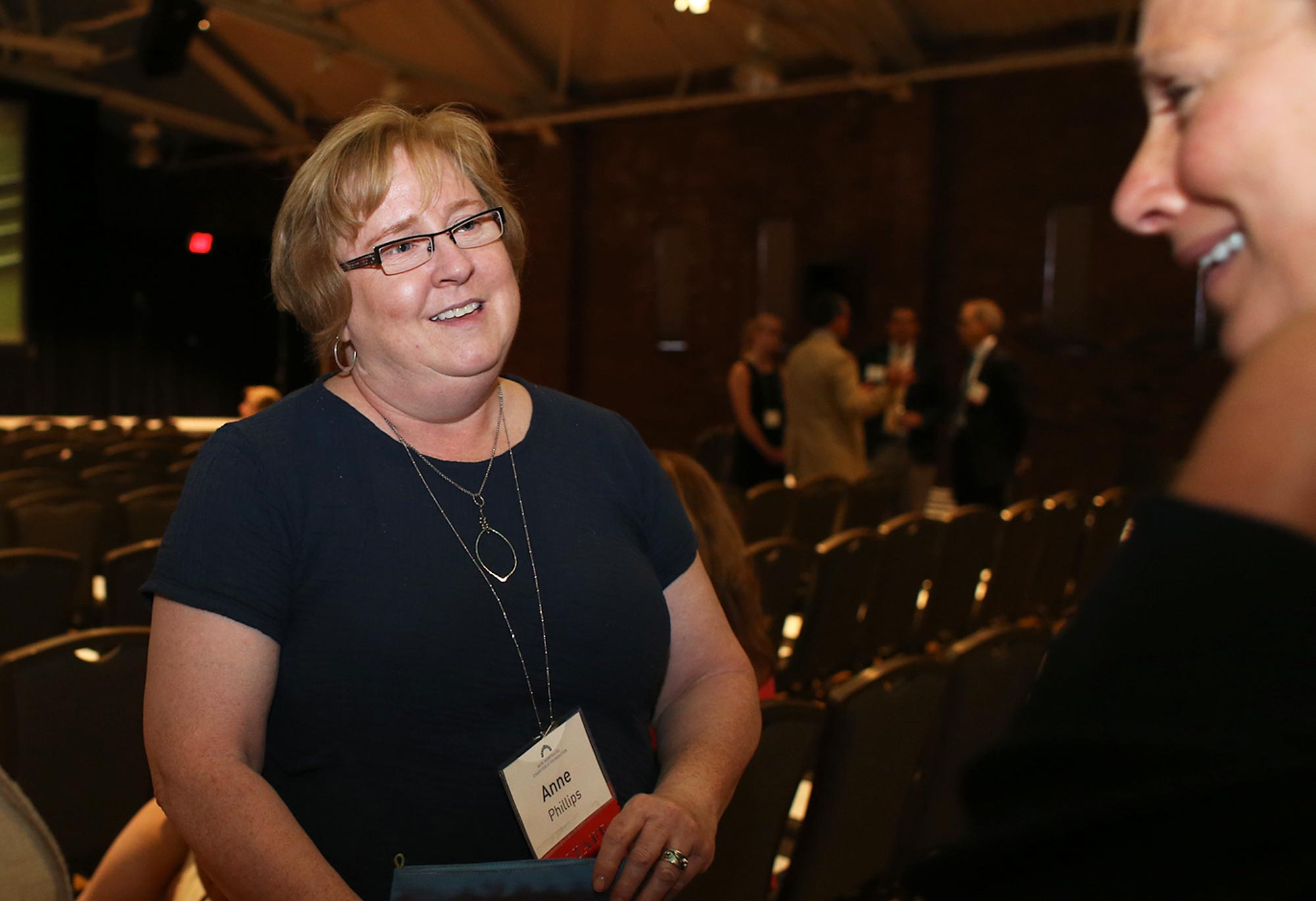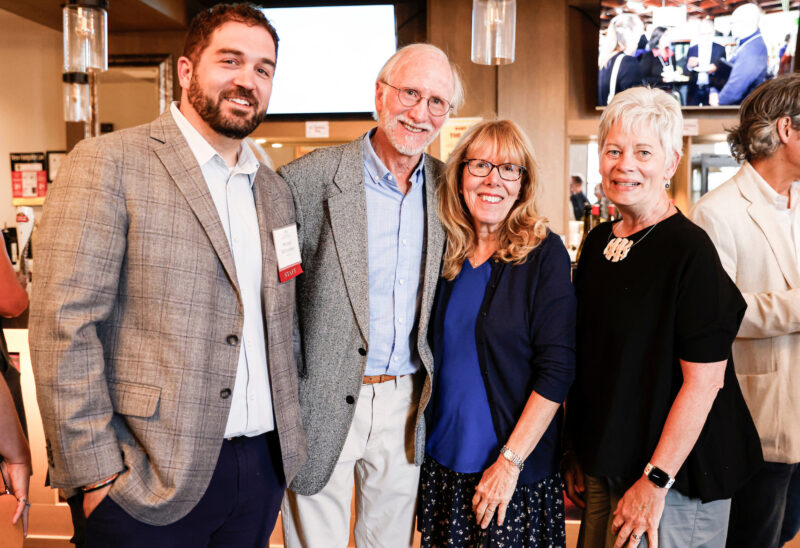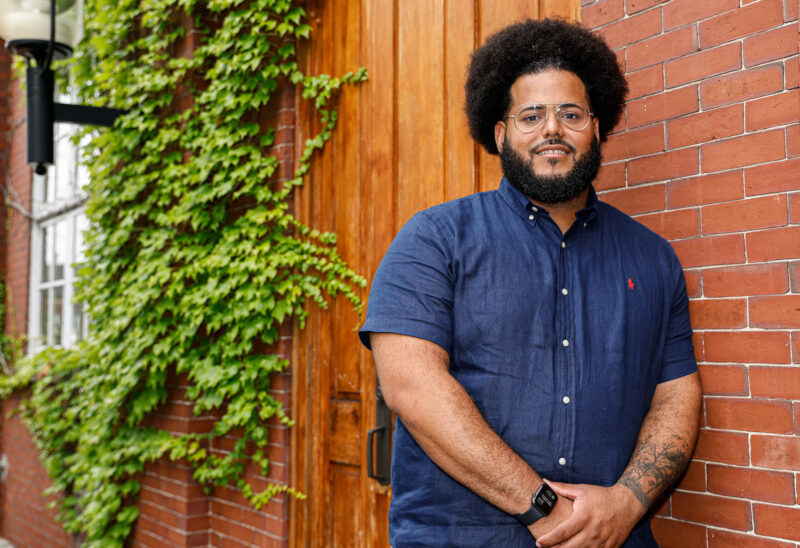You sit down to write a grant application, shoving aside ten thousand other things you could be doing because this one has a deadline and your organization needs the money. We understand! But too often we find that organizations invest time and talent into grant proposals that omit critical information that could have helped them to succeed. So before you start filling out your next application, consider these five ways to avoid common pitfalls in applying for grants:
1. Make sure you are making a request for something that we (or any other funder to whom you apply) actually fund.
Before you begin, carefully read the guidelines posted on our site for different grant opportunities. If applying for a project, operating or express grant through our Community Grants Program, also read these frequently asked questions. Make sure that you understand what we fund – and what we don’t. Choose the program that aligns with your request.
Quick tip: Call us! If, after you have read the guidelines and FAQs, you still are not sure which program to apply to or if your request aligns with our areas of funding, call Wendy Cahill at (603) 225-6641, ext. 21249.
2. Get out of the weeds (or ask a guide to get you out)!
We can all get so deep into our own work that it’s hard to see it through an outsider’s eyes. What is perfectly clear to you and your colleagues might be entirely unclear to someone outside the organization. You may inadvertently omit information that is critical to an audience trying to understand your work or the urgency of your request simply because it seems as obvious to you as the air we all breathe. But it’s not necessarily obvious to someone not involved in your day-to-day work. Please spell out acronyms on first reference – even if they seem obvious. Acronyms that you use every day will leave an outside audience (like grant reviewers) guessing.
Quick tip: Get a fresh pair of eyes, from OUTSIDE your organization, on your proposal. Ask a friend in a different line of work entirely to scan your proposal for jargon and acronyms and to point out any questions left unanswered or information that is not clear.
3. Clearly show need.
You have a great idea for a program, service or organization.
But who needs it, and why? To succeed, a grant proposal must clearly demonstrate community need. Show that the community you are proposing to serve has an interest in and a need for the service you are proposing to provide. Include information about a need that was identified by a community group or any grassroots efforts already underway. Describe how you will coordinate and collaborate with others doing similar work. When applying for unrestricted operating support, clearly describe in the narrative your organization’s need for this type of investment now.
Quick tip: Whenever possible, use data to show need: “XX percent of children in the school district are eligible for free and reduced-priced lunch and XX percent also eat breakfast at school. During the summer, that means that XX kids in this school district are at risk of hunger and diminished nutrition.”
4. Make sure your budget matches your project
Many grant reviewers look at project budgets first – not last. When applying for a project grant, make sure that the project you are describing clearly aligns with the project budget.
If you are applying for an unrestricted operating grant, and your organization is going through difficult times, describe that and the reasons for it in your narrative proposal. Explain why this grant funding could provide the financial bridge that your organization needs.
Quick tip: Applying for a grant for a specific project? When you finish your application, go back through your narrative and budget and make sure each element of your project clearly corresponds with each element of your budget.
5. Before submitting a new application, make sure you have filed necessary reports!
More than 1700 generous people, families and individuals have entrusted the Charitable Foundation to manage their charitable funds. As responsible stewards, we need to know how grant money is used to help our communities. For every grant that the Foundation makes through our Community Grants and other application programs, we require that grantees file reports. We can only make a new grant if an interim or final report from all past application grants have been filed.
Quick tip: Don’t recall if your organization has filed necessary reports on past grants? (And don’t worry, this happens.) Call Wendy Cahill at (603) 225-6641, ext. 21249 and she can check.
We realize that grant-writing is challenging, and have tried to simplify and streamline our processes as much as possible. We always welcome your input on how we can do better! Please always feel free to call us with feedback or questions – sometimes a quick phone call can save a world of time and effort.












![Rev. Heidi Carrington Heath joined Seacoast Outright. [Photo by Cheryl Senter]](https://www.nhcf.org/wp-content/uploads/2024/05/Heidi-Carrington-Thumbnail-800x548.jpg)
![Dr. Jennie Hennigar treats a patient at the Tamworth Dental Center [Photo by Cheryl Senter]](https://www.nhcf.org/wp-content/uploads/2024/05/TCCAP-Hero-800x548.jpg)

